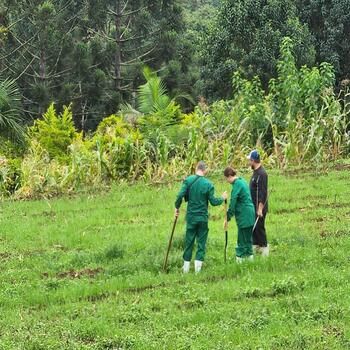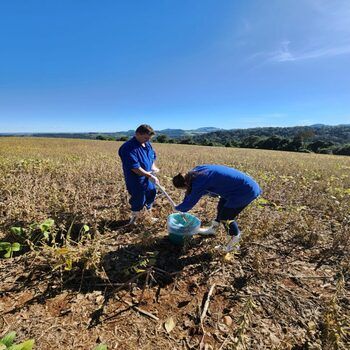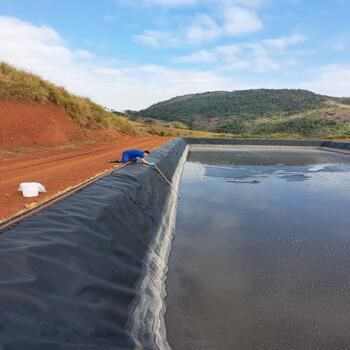RAM Project
Contribution of swine waste treatment processes in the control of antimicrobial resistance transmission for agropastoral systems



The problem of antimicrobial resistance (AMR) is recognized within the scope of human health, animal health, and the environment (One Health). It is believed that the highest circulation of resistant bacteria occurs in the environment, released into the environment along with human and agro-industrial waste. As a result, combating AMR has become a priority in all forums of discussion among nations, and goals and actions have been agreed upon by decision-making authorities. Brazil, as a member of the World Health Organization (WHO), has developed the National Action Plan for the Prevention and Control of Antimicrobial Resistance in the context of One Health (PAN-BR) in cooperation between the Ministry of Health and the Ministry of Agriculture, Livestock, and Supply. The overarching goal of this research project is to map the profile of antimicrobial resistance gene dissemination in the two Brazilian swine waste treatment systems with different scenarios of treated waste utilization. Among the specific objectives are: a) Compare the microbiomes in two swine waste treatment systems: cesspool and biodigester; b) Compare the microbiomes in soils fertilized with waste from cesspools and biodigesters; c) Identify and compare the resistome (AMR markers) present in the two waste treatment systems and in fertilized soils; d) Identify and compare plasmid elements and the AMR marker genes carried by them in the two waste treatment systems and in fertilized soils; e) Develop and employ machine learning and artificial intelligence techniques to trace the profile of AMR interaction and dissemination in the treatment and utilization of waste in two Brazilian agropastoral scenarios (fertilization of pastures and crops); f) Provide data to the involved production chains as well as national regulatory authorities for the development of management measures and policies to enhance surveillance of AMR gene dissemination in the swine production chain; g) Provide support for decision-making actions by the Ministry of Agriculture and the Ministry of Health; h) Promote the training of human resources at both postgraduate and undergraduate levels; i) Strengthen academic and scientific interaction between participating institutions; j) Organize a Technical Event to disseminate the results, aimed at the involved production chains.